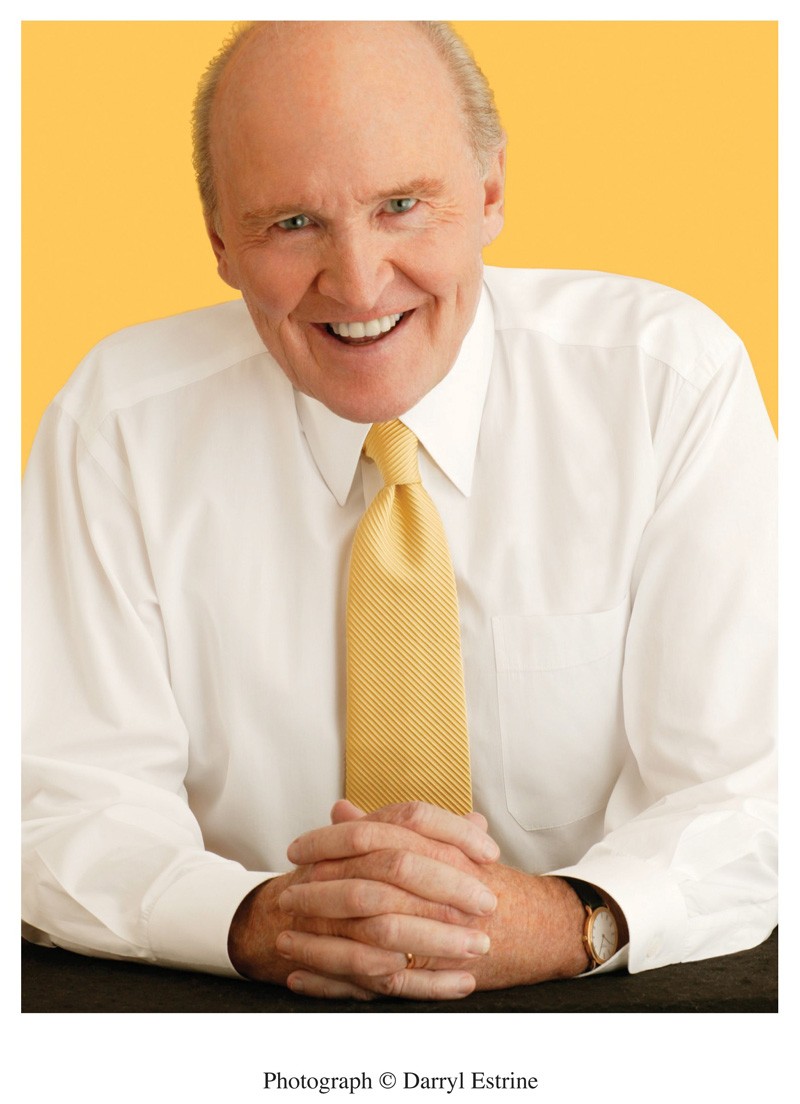SLOGANS AND SAYINGS
1. New ideas are not always seen as positive at first, the different
between an idealist and a startup is the first follower who believes in
your idea and joins your efforts. Great companies are not born, they are
built! It’s ok to quit but it’s not ok to give up. Best way to learn is
to teach. Crowds are stupid. Use salesmen, never consultants. Great
ideas matter, but great teams matter even more ha aha aa ahaaa make a
move now!!! Enjoy over there.
2. Thing do not change, we change. By Thoreau.
3. Truth sits upon the lips of a dying man.
4. Who does nothing for others does nothing for himself. By gdothe.
5. Where there is no vision people perish.
6. Fear not the future, weep not the past. Shelly.
7. The secret of success is constancy of purpose. By bacon.
8. Fame is the perfume of heroic deeds. By Socrates.
9. When all else is lost, the future remains. By bovee.
10. Punctuality, accountability and discipline are the roots to success. By Lutema.
11. The greatest energy of a successful entrepreneur is “fear”.
Click Here for More
Tuesday 13 May 2014
BUSINESSMEN WHO BROKE SOME RULES AND LAWS
25 BUSINESSMEN WHO BROKE SOME RULES AND LAWS
Fortunes are rarely won by playing it safe. On the contrary,
the biggest fortunes have been won by those willing to step outside the
box and change the way the game is played. Following are twenty-five
business innovators of the past, present, and future whose stories are
different in many respects, but all point to the same truth: Ingenuity,
improvisation, and daring are more important than following the rules
(even though you might find yourself on the wrong side of the law once
in a while).
1. Jack Welch
 Named “Manager of the Century” by Fortune Magazine in 1999, Jack Welch
is perhaps most famous for streamlining GE, reducing management from 29
levels to only six, closing businesses, and firing a significant
percentage of his subordinates. Despite his strong, seemingly brash
tactics (he was nicknamed “Neutron Jack” for firing so many employees),
he brought the value of GE up from $12 billion to $280 billion, the
largest increase for any company under any CEO. He also championed the
notion of informality, which he brought to GE.
Named “Manager of the Century” by Fortune Magazine in 1999, Jack Welch
is perhaps most famous for streamlining GE, reducing management from 29
levels to only six, closing businesses, and firing a significant
percentage of his subordinates. Despite his strong, seemingly brash
tactics (he was nicknamed “Neutron Jack” for firing so many employees),
he brought the value of GE up from $12 billion to $280 billion, the
largest increase for any company under any CEO. He also championed the
notion of informality, which he brought to GE.
2. Steve Jobs
Click Here for More
BECOME A MORE CREATIVE PERSON
+Thinking
JOHN
A. GLOVER (1980), BECOMING
A MORE CREATIVE PERSON;
PENTICE HALL, U. S. A.
For
something to be “Creative” it must be “novel” that is, it
must be unusual, uncommon, and different or unexpected. It is
something statistically infrequent and must be utilizable (useful).
Creative Behavior
Is Assessed At Three Different Levels
- Personal level- is your behavior, actions, sayings, talks or any of your life for novel and useful? Have you done any today?
- The peer group level- these include friends, associates and so forth.
The
more people you compare your behaviors to, the less likely it is that
your behaviors will be viewed as uncommon.
Example
if three offices have already done something like that you are doing,
that is not “novel” and hence not “creative”
Click Here for More
Subscribe to:
Posts (Atom)